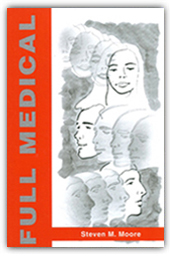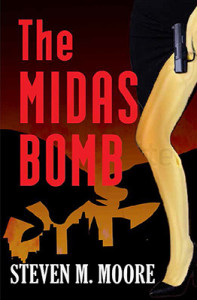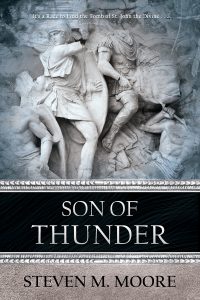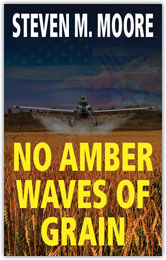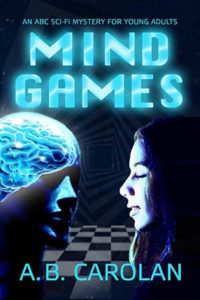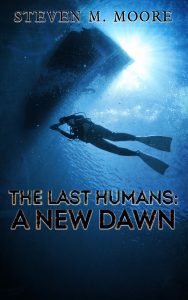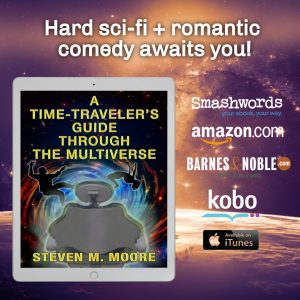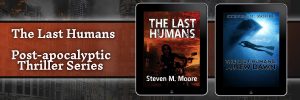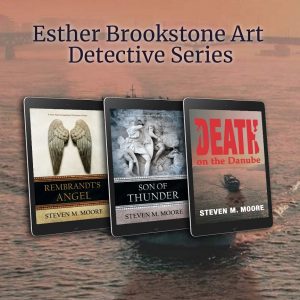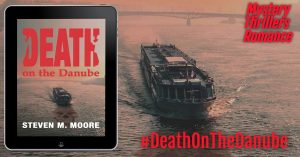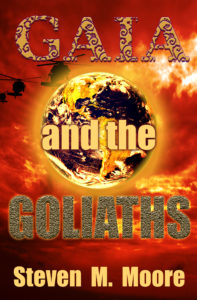Quatermain memories…
Wednesday, April 7th, 2021I have written about “cancel culture” earlier in this blog. So far no one has gone after Allan Quatermain, thank God. I suppose those folks who practice cancel culture will eventually get around to Allan, given that they go after Washington, Jefferson, and other Founding Fathers for being slave owners, for example.
H. Rider Haggard’s Quatermain novels are the precursors of thrillers, especially of the Indian Jones-like variety—you can bet Steven Spielberg read them! (Or saw the movies based on them. He might not be much of a reader.) And, from the cancel-culture folks’ perspective, Spielberg probably went to great trouble to clean them up—sort of (the African people are generally replaced by Arabs, Asians, and Native Americans in the Indy movies, so they might yet be boycotted).
In my early reading (pre-high school), Haggard’s books kept me company, along with Christie’s mysteries and Asimov, Clarke, and Heinlein’s sci-fi stories. I often read these classics under the covers with a flashlight (my definition of “classic” is a lot more general compared to snooty literary critics’, who ignore a lot of good fiction, of course). They provide a foundation for my own writing.
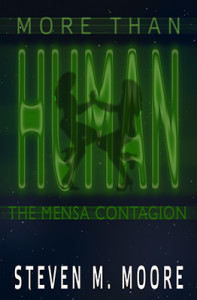
I’m sure many scenes similar to ones from Quatermain novels pop up in my oeuvre.
The “buried alive” scene in King Solomon’s Mines has been copied by so many authors and screenplay writers that one can hardly call it plagiarism. It’s similar to a scene in my More than Human: The Mensa Contagion. I have a good excuse: that scene takes place on Mars!
The battle scenes in my Rogue Planet might resemble ones in Haggard’s novels too—they’re certainly examples of face-to-face warfare—but I can’t pin those memories down to one Haggard book. (Topic for a future thesis in the future? Go for it, MFA students!)
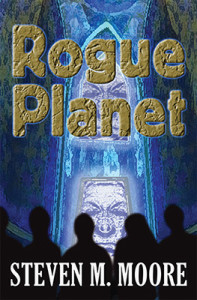
No matter. There’s no doubt Haggard influenced me. I suppose he and his character Quatermain will be perceived as scurrilous in their racism as George Washington is for the cancel-culture folk. Both the author and his character are representatives of British racist colonialism. But hell, Quatermain’s adventures over his lifespan of many decades are interesting and entertaining, and they’re probably a lot more interesting than Indy’s (which are also racist).
I’m willing to wager that the cancel-culture folk will eventually attack both Allan and Indy. They haven’t attacked Quatermain yet because they don’t watch old movies or read old books (if they read at all). I don’t know why they’re taking so long with Indiana Jones! Most people have watched Spielberg’s movie and enjoyed them. (Maybe that’s why they don’t attack Indy?)
So, please, let’s keep Allan Quatermain’s secret to ourselves. The cancel-culture folks are liable to attack him on any jerk’s say-so, as they blather away on Facebook or Twitter. That’s their brand of culture, banning books or movies without even reading them. And I certainly wouldn’t want them to enjoy a good book. They don’t deserve it! (That’s why I only mentioned one Allan Quatermain book!)
***
Comments are always welcome!
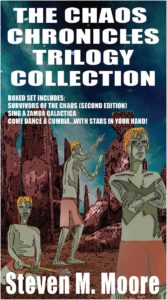
Hard sci-fi, anyone? The bargain bundle The Chaos Chronicles Trilogy Collection contains three “evergreen” sci-fi novels (i.e. as current and entertaining as the day I finished the manuscripts) that span thousands of years of future history, including the founding of ITUIP (“Interstellar Trade Union of Independent Planets”) featured in A.B. Carolan’s novels, Rogue Planet, and other stories. In the novel Survivors of the Chaos, readers discover a dystopian Earth where powerful international corporations rule and exploit the planet and the rest of the solar system, even hiding the greatest discovery Humans could ever make, an ET ship that crash-landed on a moon of Saturn. In spite of the chaos, three starships are launched to colonize planets orbiting Sol-type stars. In Sing a Zamba Galactica, readers can follow two colonies’ struggles to survive an ET invasion in near-Earth space; the colonists aren’t alone because new ET friends are there to help. The reader will also meet new ETs, including Swarm, that strange collective intelligence so important in ITUIP history. In Come Dance a Cumbia…with Stars in Your Hand!, readers will see how a mad industrialist, akin to ones Humans fled decades earlier, plots to rule all of near-Earth peace and end the peace in that corner of the galaxy so dearly won. Three novels for the price of one ebook—a veritable smorgasbord of sci-fi! Available wherever quality ebooks are sold. (The first edition of Survivors of the Chaos is also available in print from another publisher.)
Around the world and to the stars! In libris libertas!
